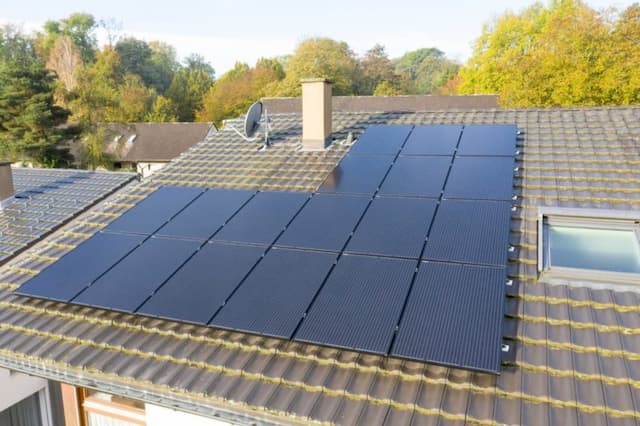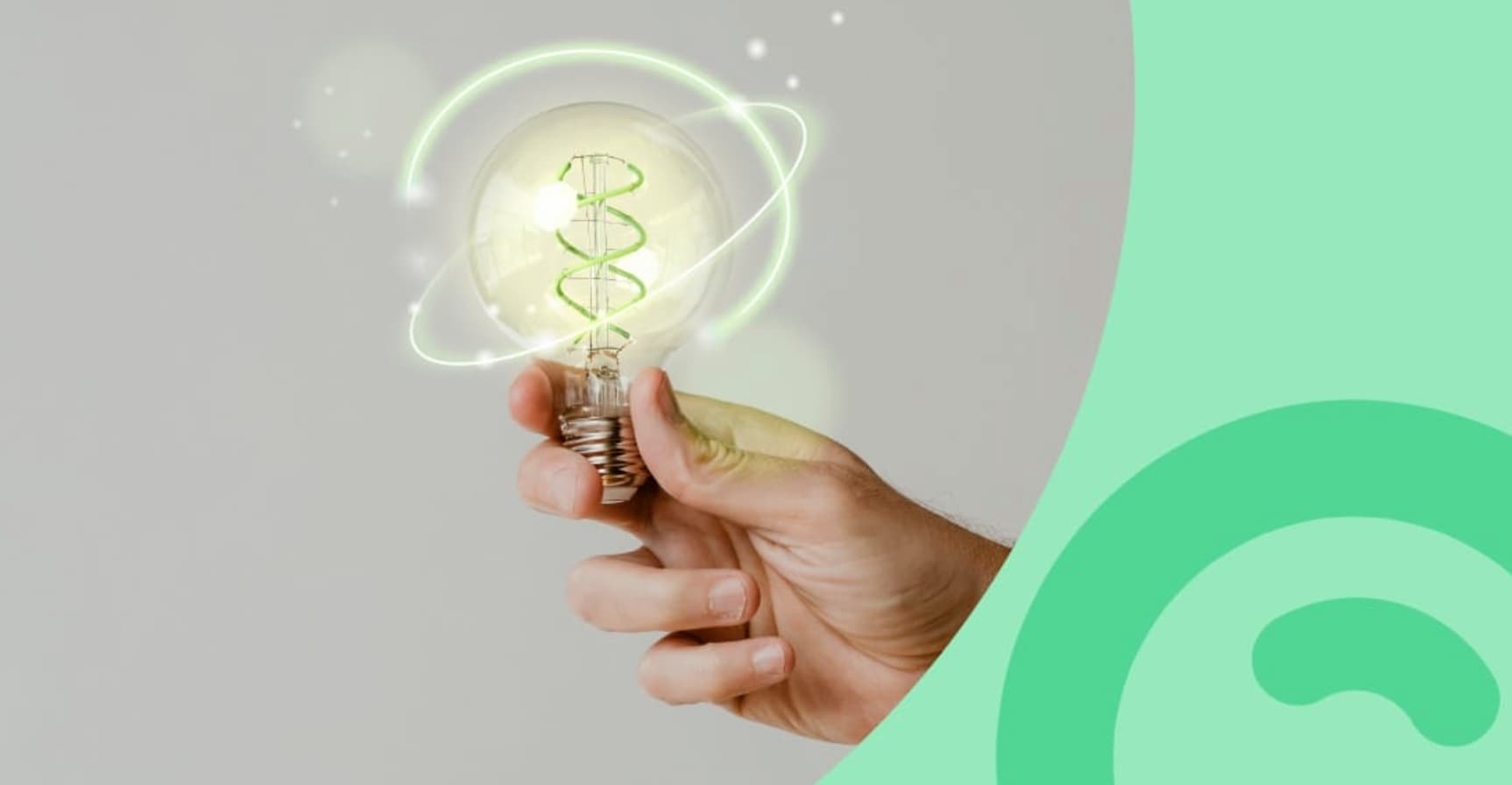In Ikea Stores, We Will Soon be Able to Buy Solar Panels

Ikea will sell solar panels in its 34 French stores by the end of 2020. The brand has joined forces with the Voltalia group, an expert in this field.
In Swedish, the solar panel is called “Solpanel”. It is not yet known whether Ikea will name its future product in this way, but it will soon be necessary to get used to seeing the Swedish furniture giant offer for sale solar panels. Not in a kit, rest assured.
By establishing a partnership, Ikea and the Voltalia group, specialized in renewable energies since 2005, wish to democratize access to solar energy with “a turnkey offer “. The customer can consume the electricity produced to lower his bill and/or resell it to the network to generate income.
Pierre Deyries, director of sustainable development at Ikea France, explains that the approach of the yellow and blue brand is “linked to our overall commitment to renewable energies. “Indeed, the number 1 of furniture in France has invested, for ten years,” in six wind farms and the installation of solar panels on 24 of our buildings in France “.
A “clear” and “simple” route
An impetus that Ikea wants to “share” with its customers by providing them with “the most appropriate technical solution”. Hence the rapprochement with “experts”. “We have been developing this solar competence for more than ten years”, explains Sébastien Clerc, CEO of Voltalia.
Turned more towards industrialists via “large ground power plants” or solar roofs, Voltalia has found in this partnership a way to deploy on the personal market. But then, what should an Ikea client expect from this “turnkey” offer? Pierre Deyries responds to a “clear path”. “Everything must be as simple as possible. “
Six to eight weeks delay
Ikea promotes the product in stores and on its website. Then puts the client in contact with Voltalia, who makes a diagnosis, taking into account the characteristics of the accommodation (exposure, roof surface, slope, etc.). If the sale is concluded, Ikea charges a commission. Voltalia is responsible for installation and after-sales service.
Between the first contact and commissioning, count “six to eight weeks on average”, says Sébastien Clerc. Once the panels are operational, the customer can, therefore, consume the electricity produced and sell the excess.
In the South of France in the fall
This service, already set up by the Swedish brand in eight countries, will be available in Ikea stores in the South of France in the fall of 2020. It will then be deployed in other points of sale in France at the end of the year. “The objective is to make it operational in the 30 countries where we are installed in 2025,” says Pierre Deyries.
The most affordable price possible”
As for the price, it is not yet fixed, but Ikea wants it “as affordable as possible”. “Obviously, there will be a good offer,” says the head of sustainable development. The details will be revealed in September.
Finally, the two partners highlight the “three-way relationship of trust” that will exist between Voltalia, Ikea and the client. An “essential notion”, according to Sébastien Clerc, in a market infiltrated by some dishonest or incompetent professionals. “In recent years, people have gone through actors who are not sufficiently trustworthy,” acknowledges the CEO of Voltalia.
Germany far ahead
The group has “real ambitions for France” with its solar panels. 400,000 homes are equipped to date. “It’s still the beginning of a story, but we have the impression that the market is ready to hatch,” enthuses Sébastien Clerc. In comparison, Germany, a pioneer in Europe, has 1.5 million homes with solar panels.
Enjoyed this? Get the week’s top France stories
One email every Sunday. Unsubscribe anytime.


